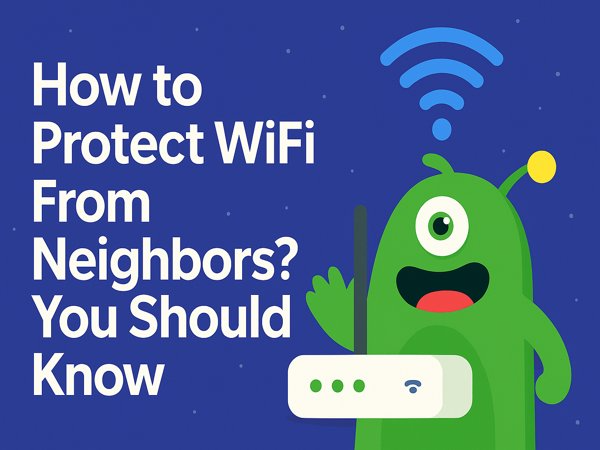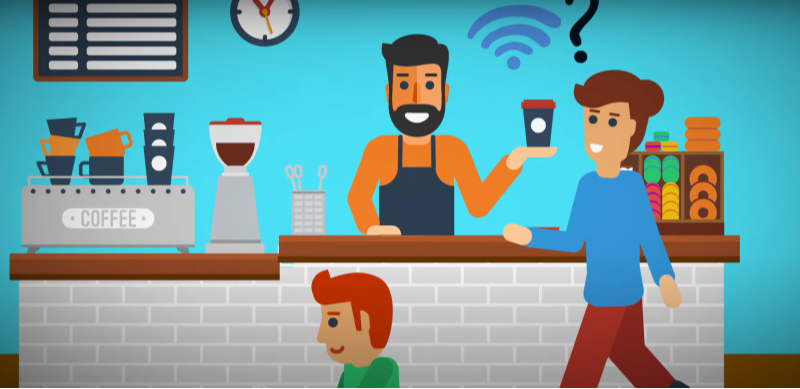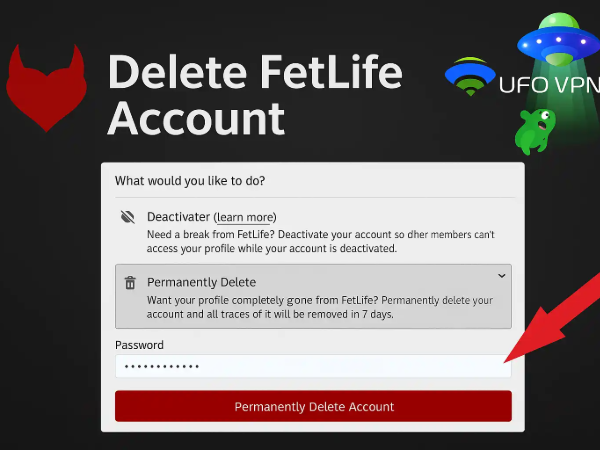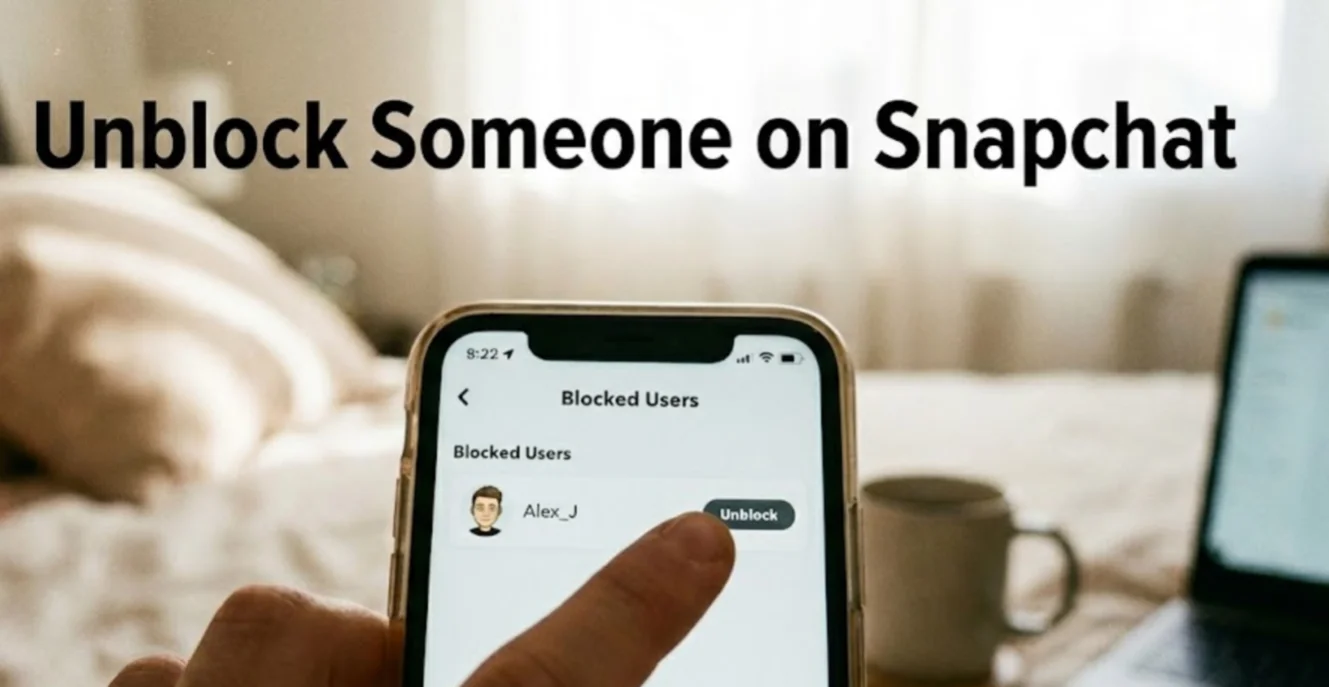What Is Wi-Fi Bandwidth and how it differs from “speed”
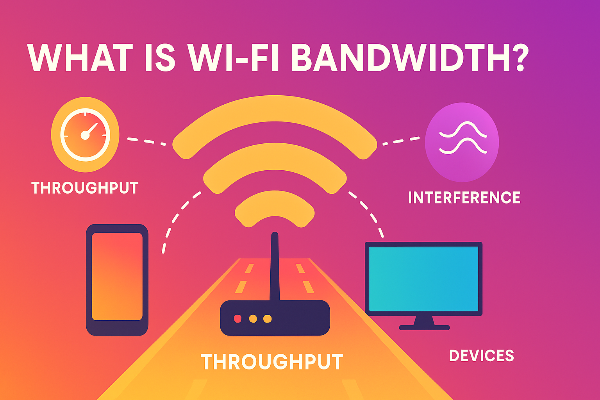
Bandwidth is the maximum amount of data your network can carry at once—think lane width on a highway. Speed is how fast a single car (your current download) moves. In practice, you feel slowdowns when:
-
Your internet plan’s bandwidth is too small for your household.
-
Too many devices are sharing the same “lanes.”
-
Wireless interference shrinks usable bandwidth (noisy neighbors, thick walls, microwaves).
-
Your ISP or router shapes traffic, limiting throughput to certain apps.
Knowing this distinction helps you boost Wi-Fi speed in the right place: sometimes you need more lanes (plan upgrade), other times you just need a clearer path (better channel, placement, or settings).
Why Your Wi-Fi Bandwidth Might Be Low
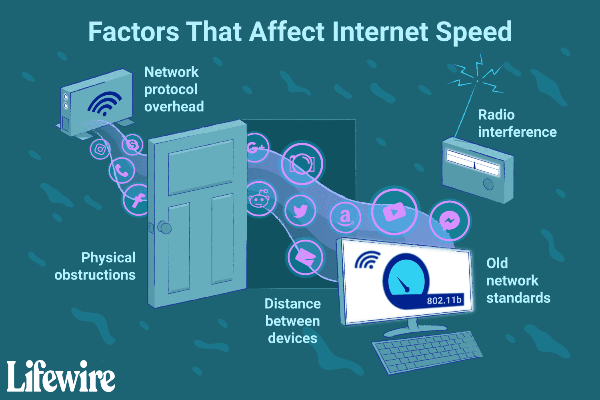
Several factors can contribute to low Wi-Fi bandwidth:
-
Internet Plan Limitations: Your internet plan may not provide enough bandwidth for your needs.
-
Multiple Devices: If several devices are connected to the same network, the bandwidth is shared among them, slowing down speeds.
-
Network Congestion: Heavy internet usage on the same network, such as streaming or downloading large files, can also cause bandwidth issues.
-
Interference: Things like walls, electronics, and even your neighbors’ networks can interfere with your Wi-Fi signal.
Now that we understand what bandwidth is and why it may be low, let's look at ways you can increase it.
Diagnose the Real Bottleneck Before You Tweak
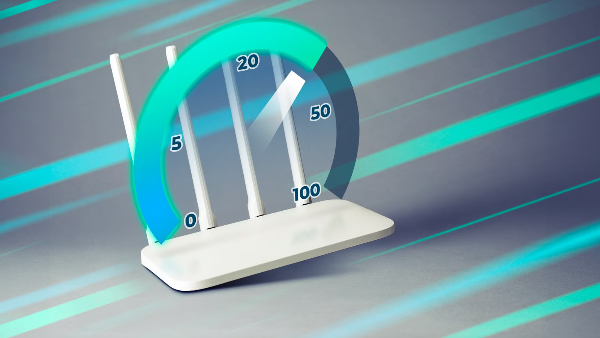
Before changing settings, confirm whether the cap is your ISP line, router/Wi-Fi, or device. A 10-minute check avoids random trial-and-error.
1) Baseline your ISP throughput
-
Connect a laptop via Ethernet directly to the modem (bypassing Wi-Fi). Run two or three speed tests at different times.
-
If the wired result matches (or nearly matches) your plan, your modem/ISP is fine; focus on Wi-Fi optimization. If wired is poor, call the ISP—or consider a plan/ISP upgrade.
2) Compare rooms & bands
-
Test in the same room as the router on 5 GHz (or 6 GHz if you use Wi-Fi 6E). Then test on 2.4 GHz and again in a distant room.
-
Big drops between rooms indicate signal attenuation (walls/floors). That points to placement, antennas, or a need for mesh Wi-Fi.
3) Check congestion
-
Most routers show channel utilization. If your 2.4 GHz channel is crowded, your usable bandwidth shrinks. We’ll fix this in the next section.
4) Rule out device issues
-
Try a second device. If only one device is slow, update its OS/drivers, close background apps, and scan for malware.
With a quick diagnosis, you’re ready to apply the right levers to increase Wi-Fi bandwidth efficiently.
How to Speed Up Your Wi-Fi
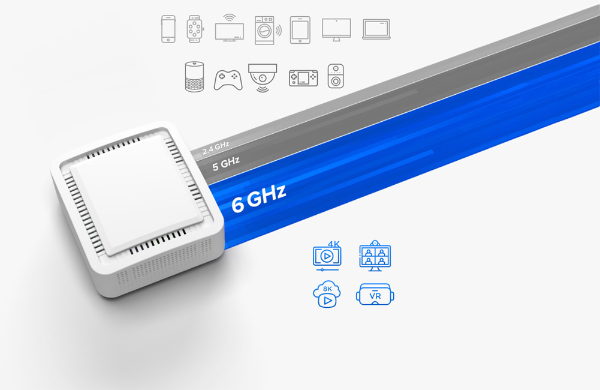
1. Upgrade Your Internet Plan
The simplest solution to boost your bandwidth is to upgrade your internet plan. If you’re currently using a basic plan with limited bandwidth, consider upgrading to a plan with higher speeds. This can significantly improve your internet experience, especially for large households or if you're using the internet for heavy tasks like streaming or gaming.
2. Switch to a Different Wi-Fi Channel
Wi-Fi signals can get crowded, especially in densely populated areas. If your router is using a crowded channel, it can affect the speed and stability of your connection. You can change your router's channel in the settings to one that is less congested. Many modern routers also support automatic channel selection, which can optimize your Wi-Fi performance without you having to manually adjust it.
3. Update and Reboot Your Router
Just like your devices, your router also needs updates to perform optimally. Make sure your router’s firmware is up-to-date, as manufacturers often release updates to improve performance and security. Additionally, rebooting your router can sometimes resolve temporary connectivity issues and improve bandwidth.
4. Reduce the Number of Devices Connected
Each device connected to your Wi-Fi network takes a portion of your bandwidth. If you have many devices connected at once, such as smartphones, tablets, and smart TVs, your bandwidth may be divided too thinly. Try disconnecting devices that aren't in use to free up bandwidth for those that need it most.
5. Use free proxy VPN in UFO VPN to Avoid Throttling
Some ISPs engage in bandwidth throttling, intentionally slowing down your internet speed based on your usage habits. If you notice that your speed drops when you’re streaming or gaming, this could be the issue. A VPN, such as UFO VPN, can help by masking your online activities, preventing your ISP from throttling your connection. With UFO VPN, you can bypass restrictions and enjoy a faster, uninterrupted connection.
✨4 Steps to Get You Started with UFO VPN
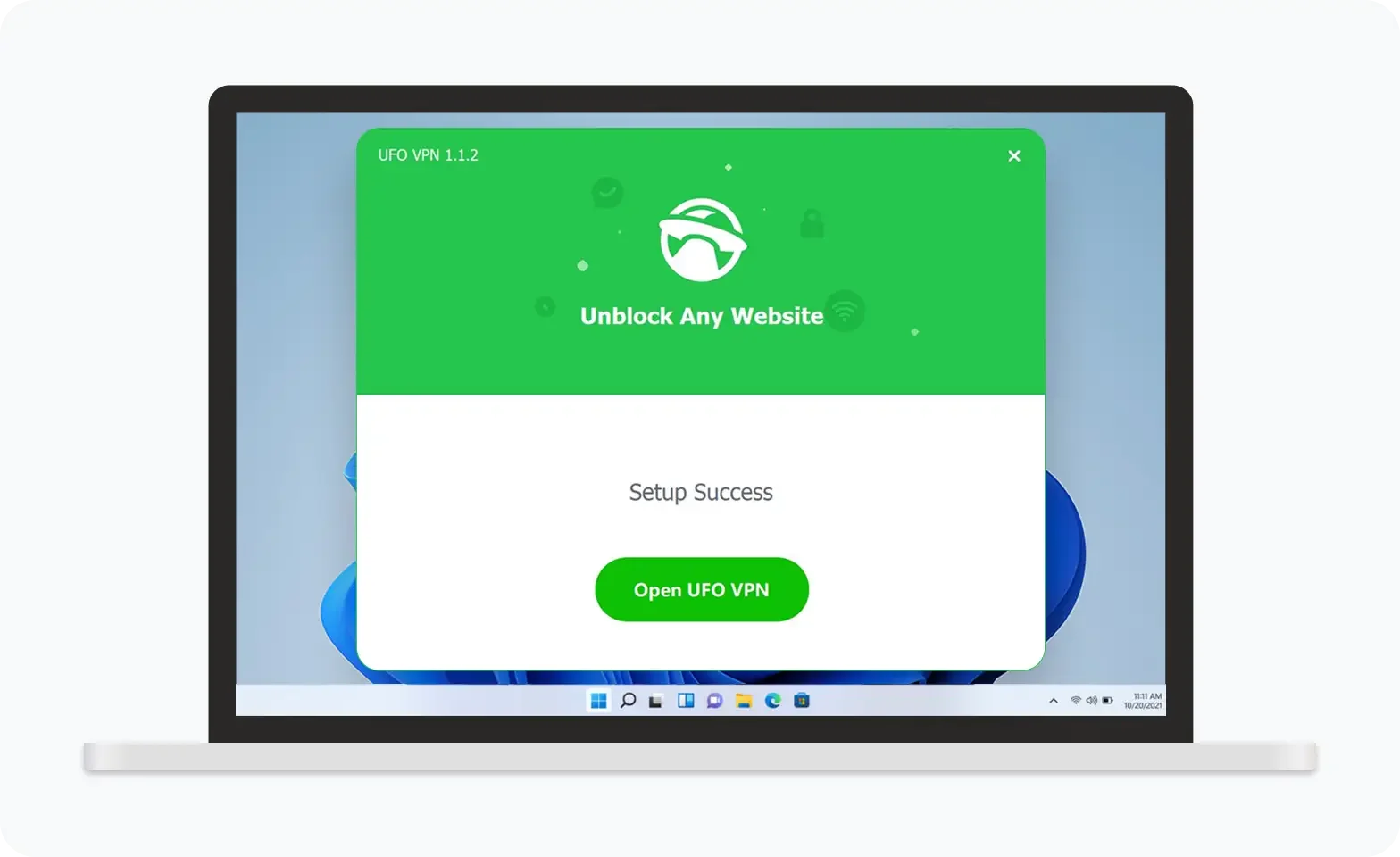
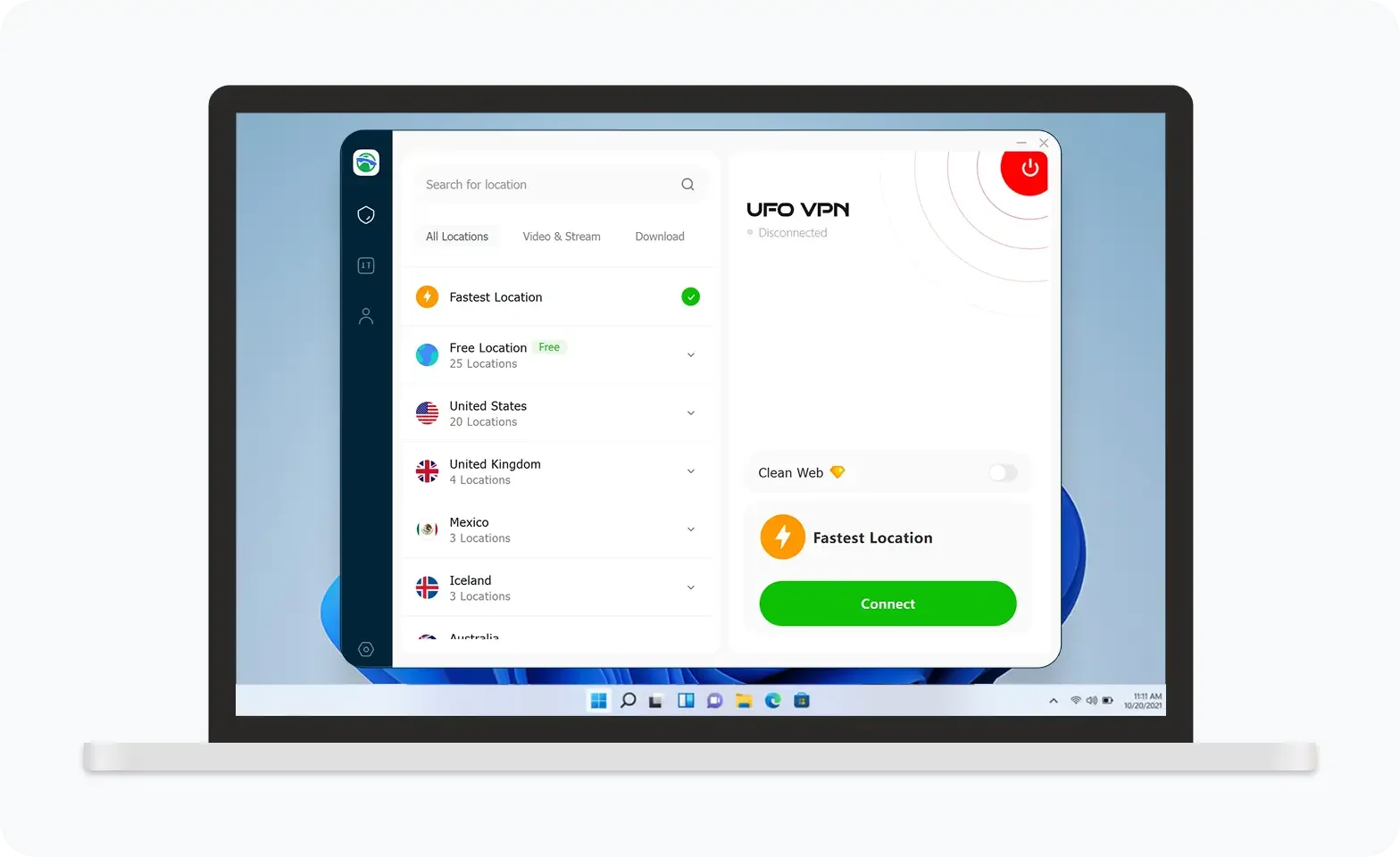
UFO VPN is an all-in-one VPN that offers unlimited access to 4D streaming like Netlfix, Disney Plus, no-ping gaming as PUBG, Roblox, CODM and social networking for YouTube, X, Facebook and more.
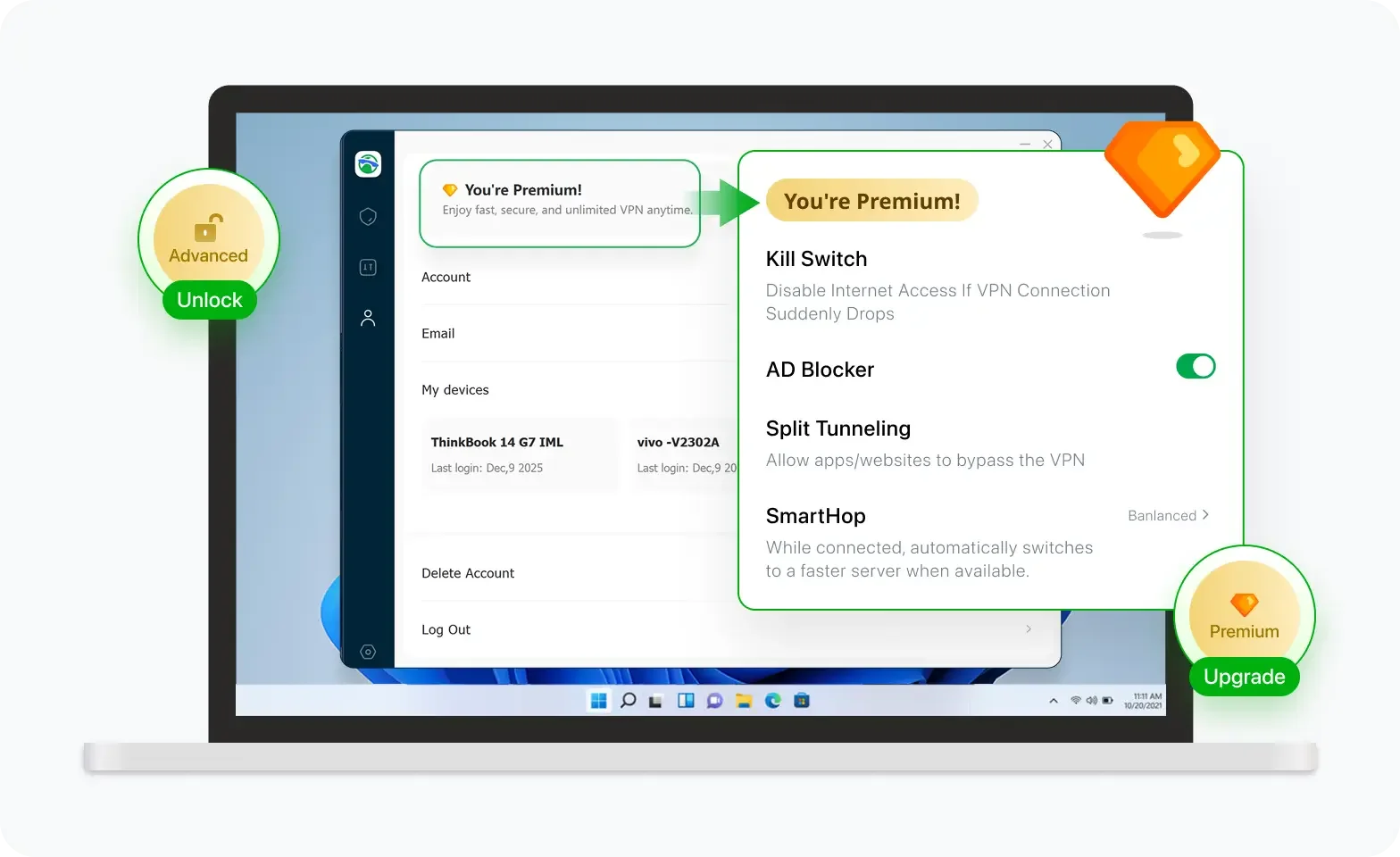
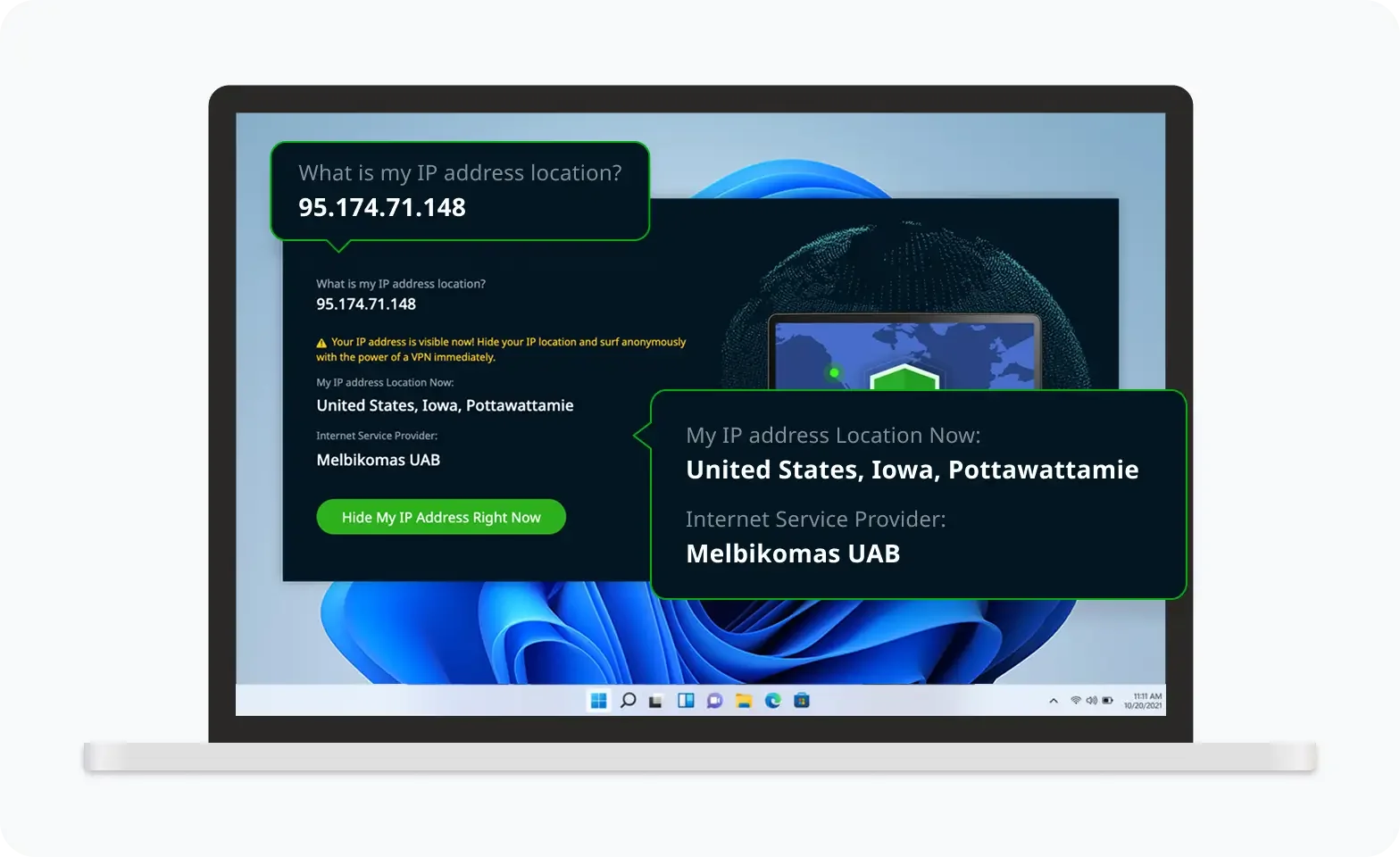
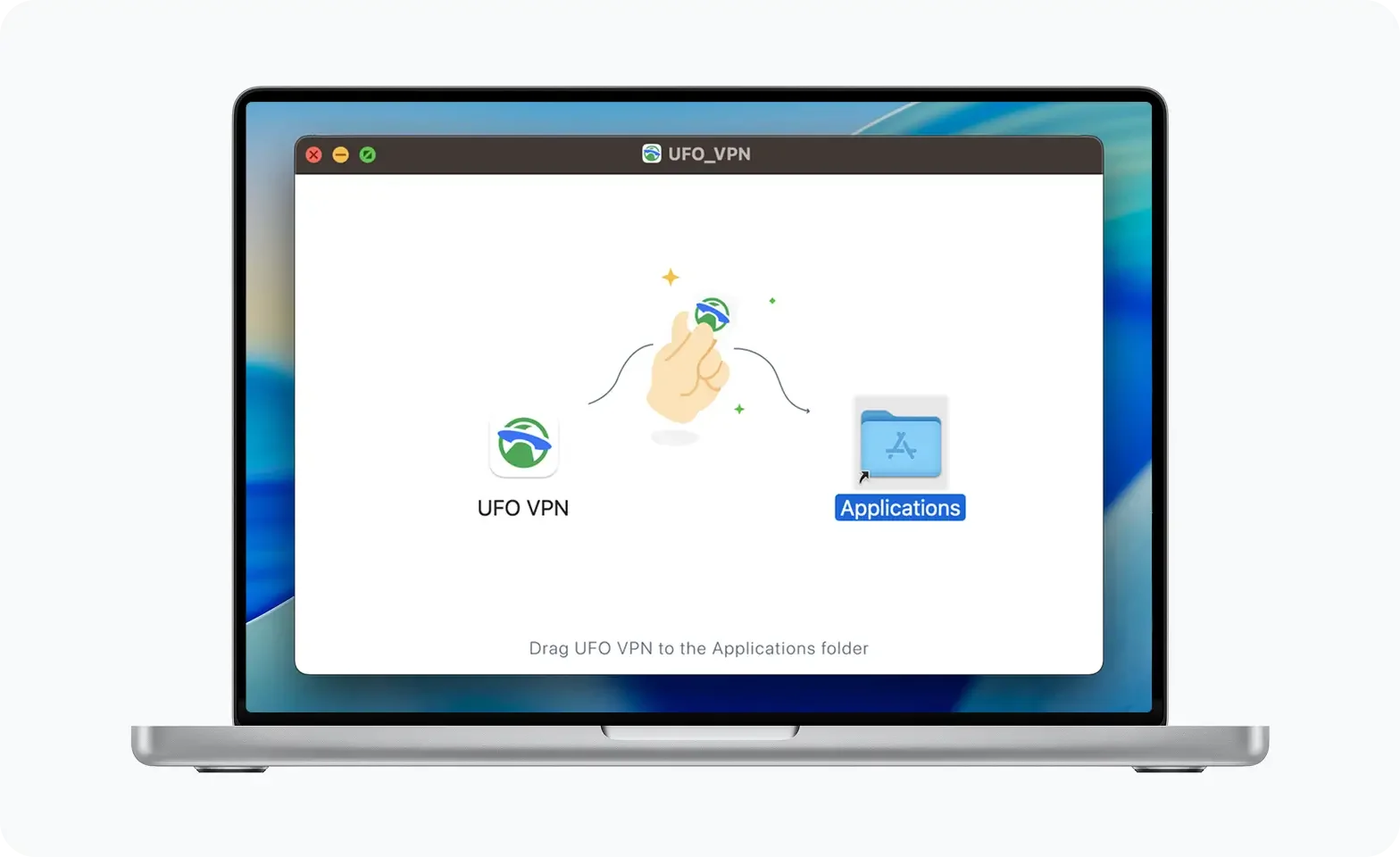
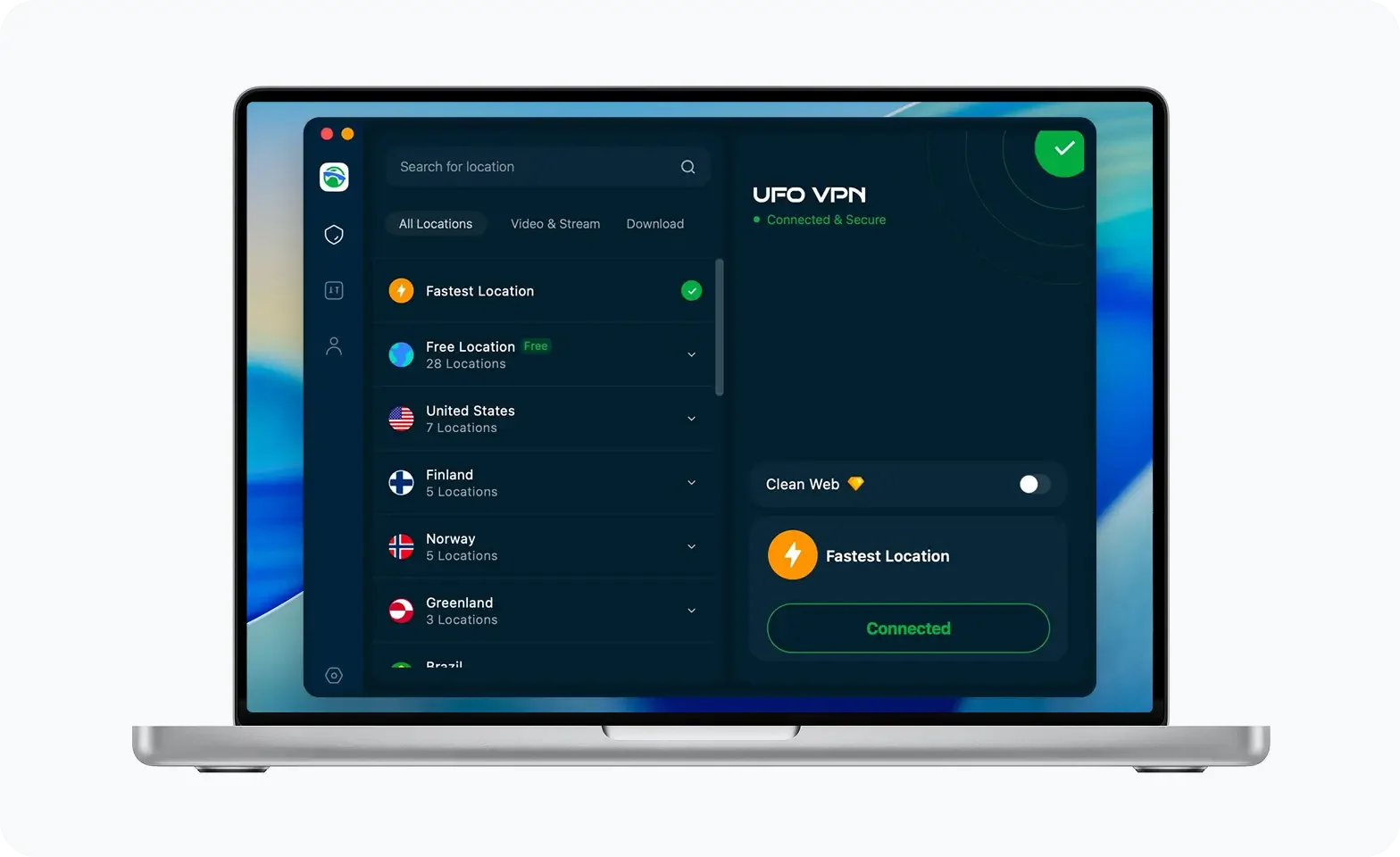
Unlock Pro Features
If you have upgraded to premium plan , feel free to enjoy premium servers for 4K streaming and advanced features like Kill Switch, Split Tunneling, and gaming acceleration. Your Mac is now fully optimized and protected. Inaddition to basic functions, we recommend you turn on

Verify Your IP Now
Use UFO VPN's " What is My IP " feature to see your new IP and location. This confirms your connection is secure, anonymous, and ready for safe browsing online anywhere at any time.

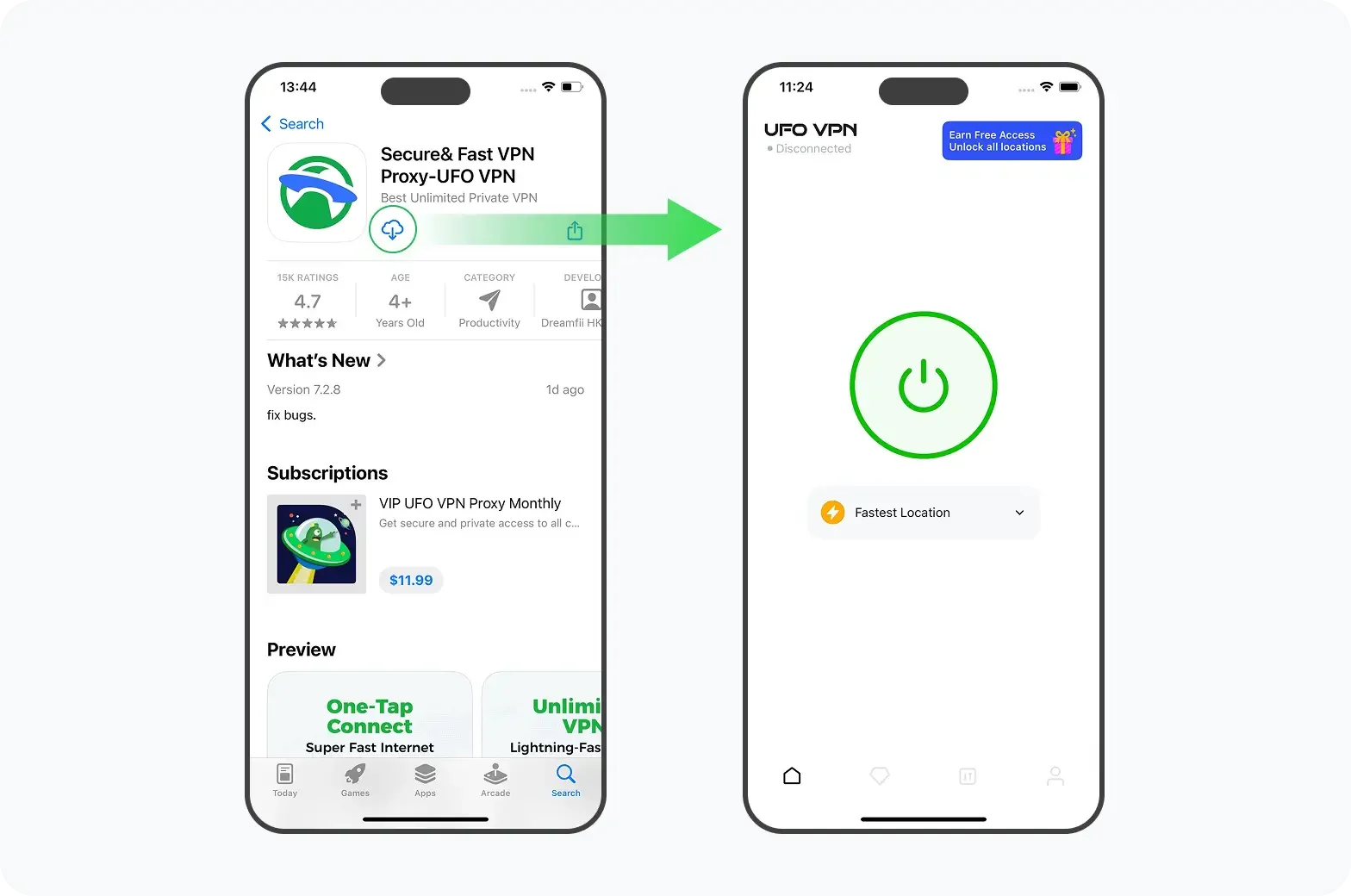
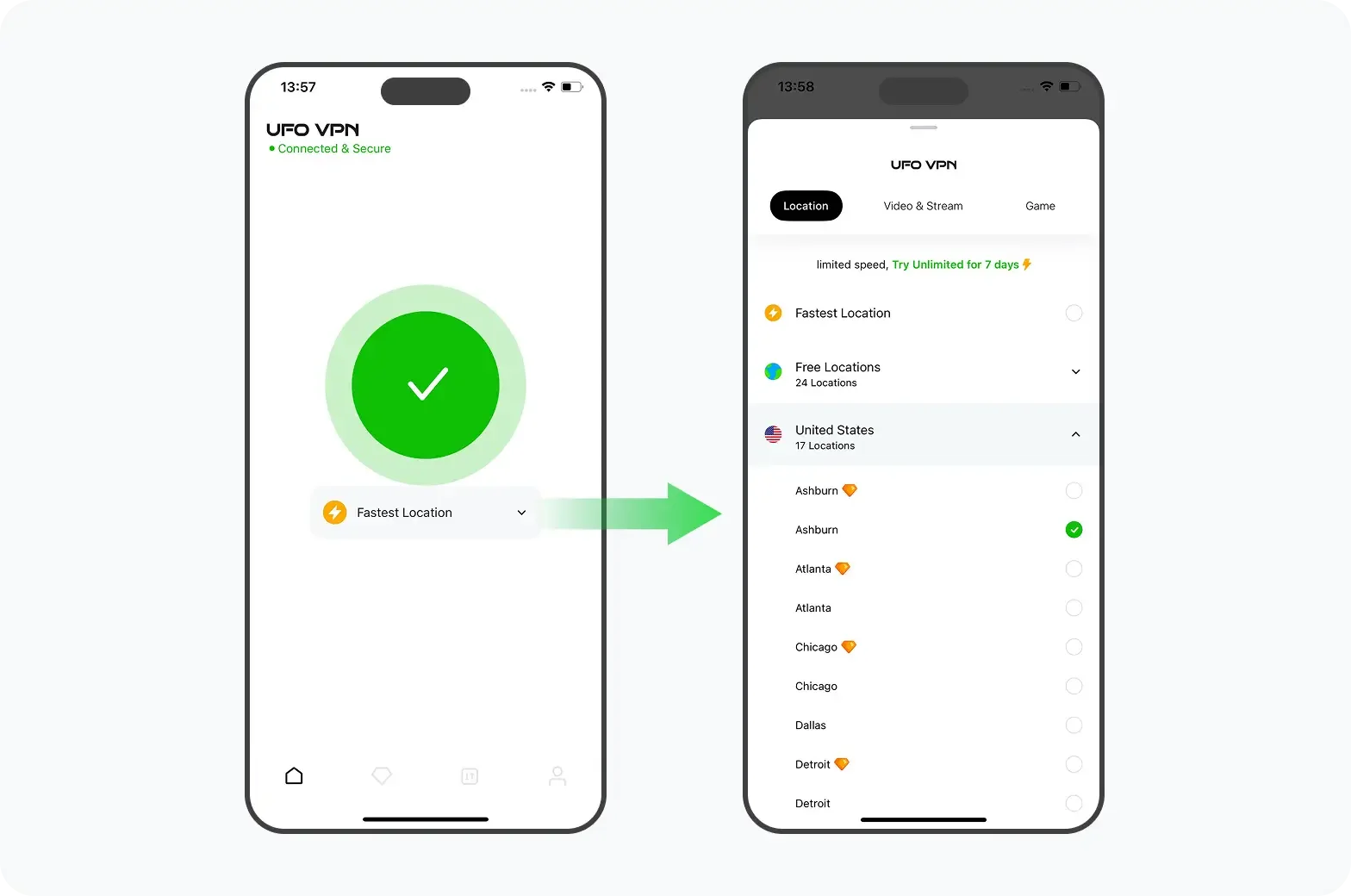
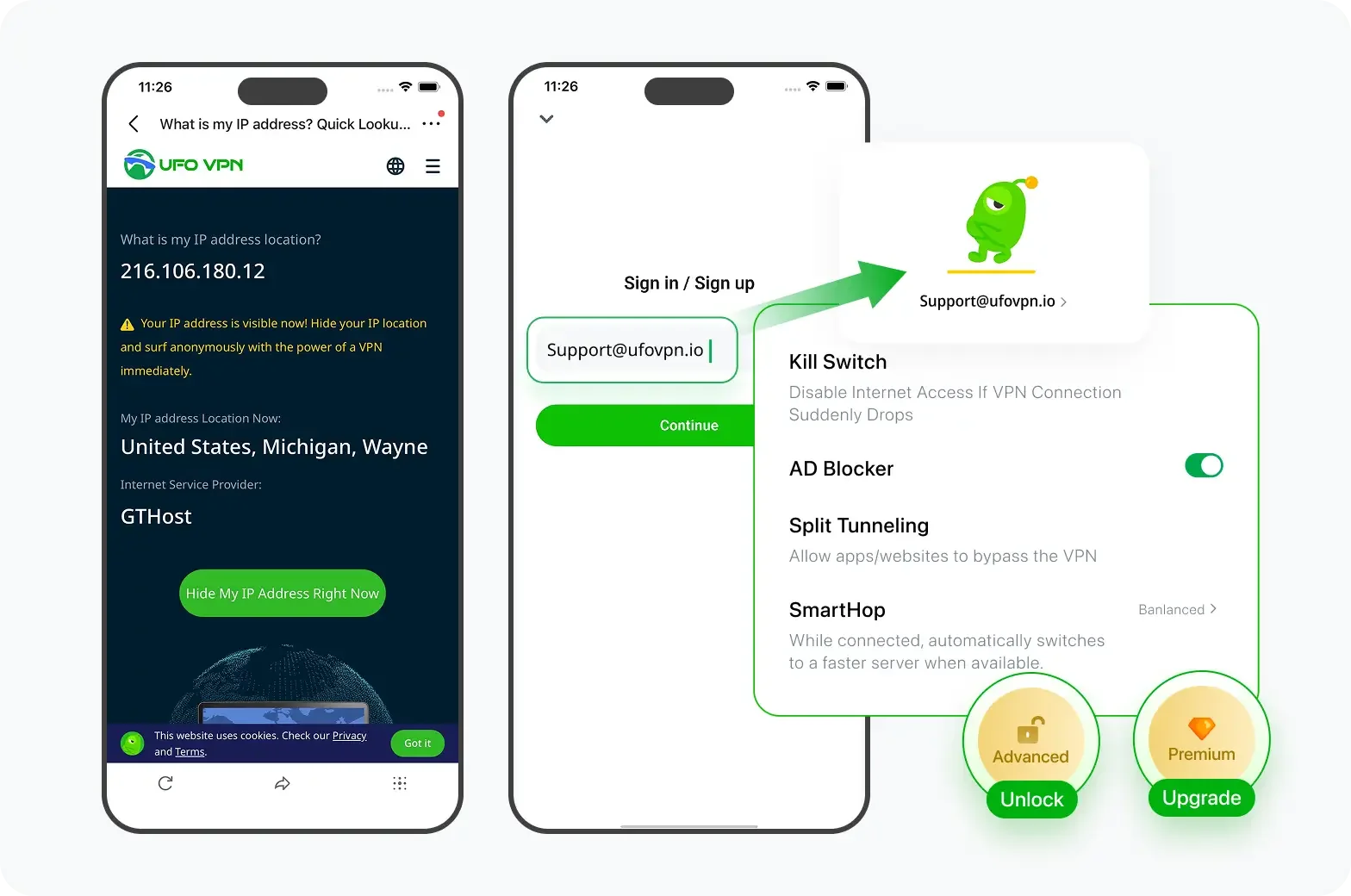
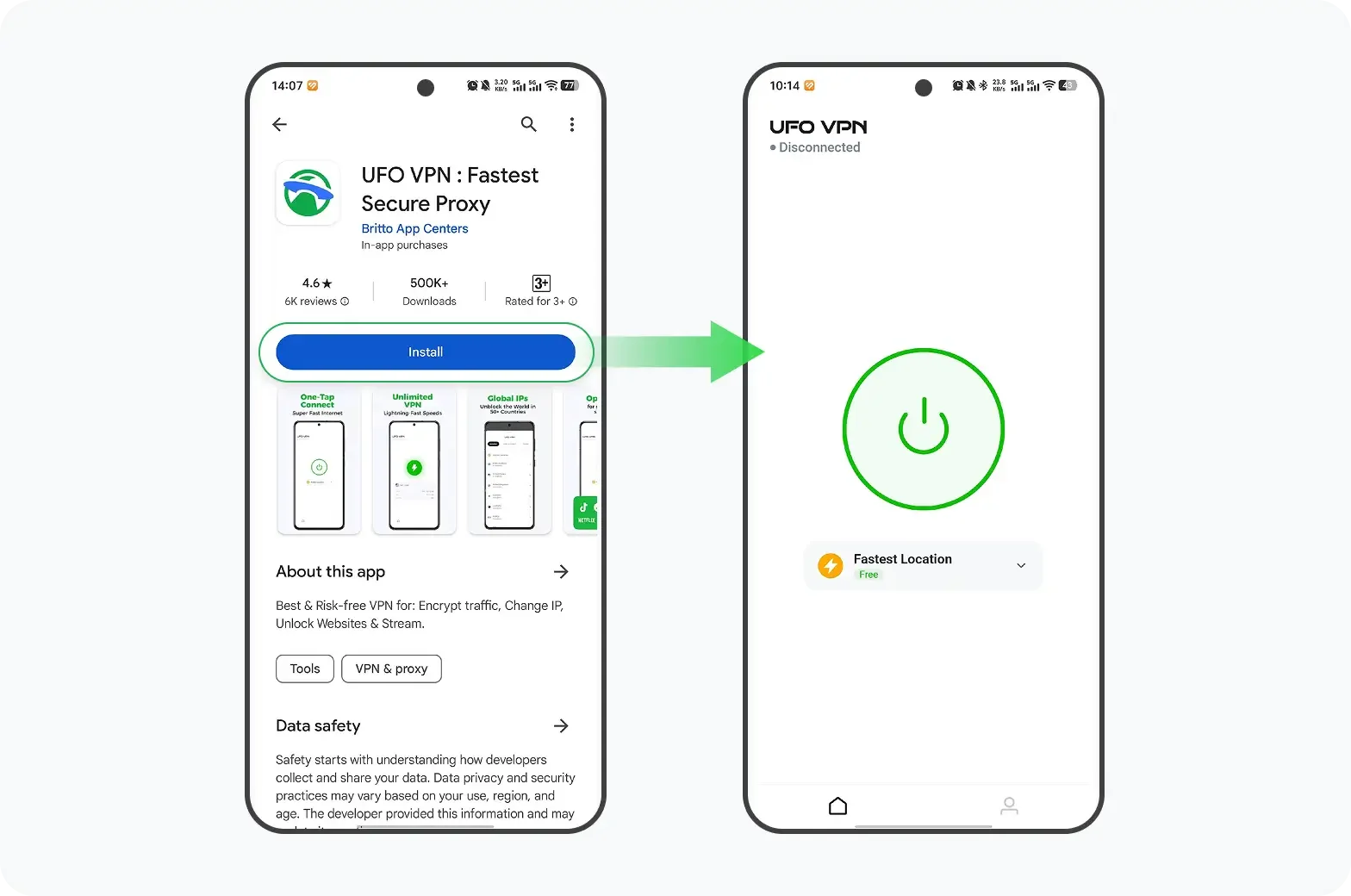
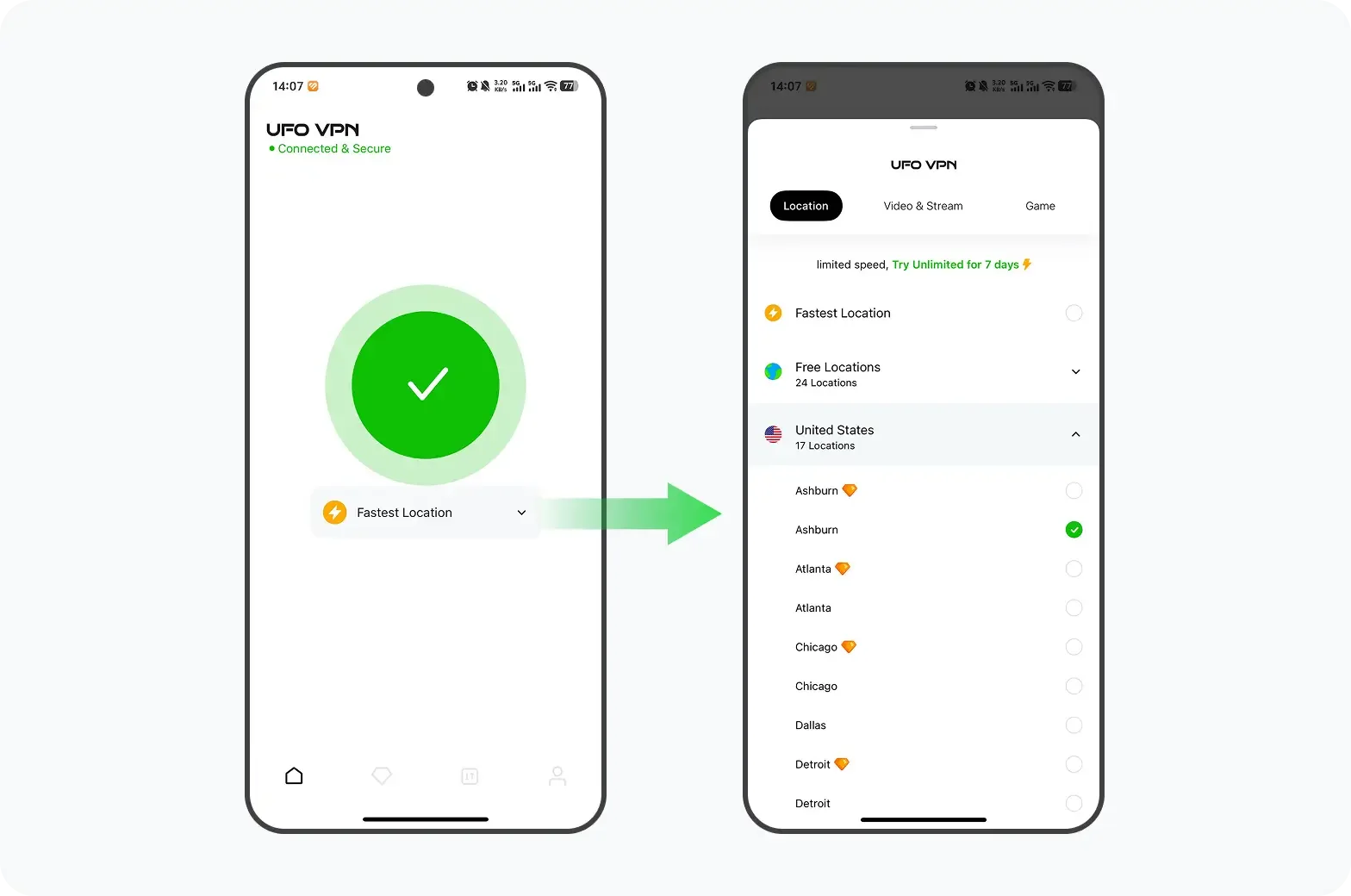
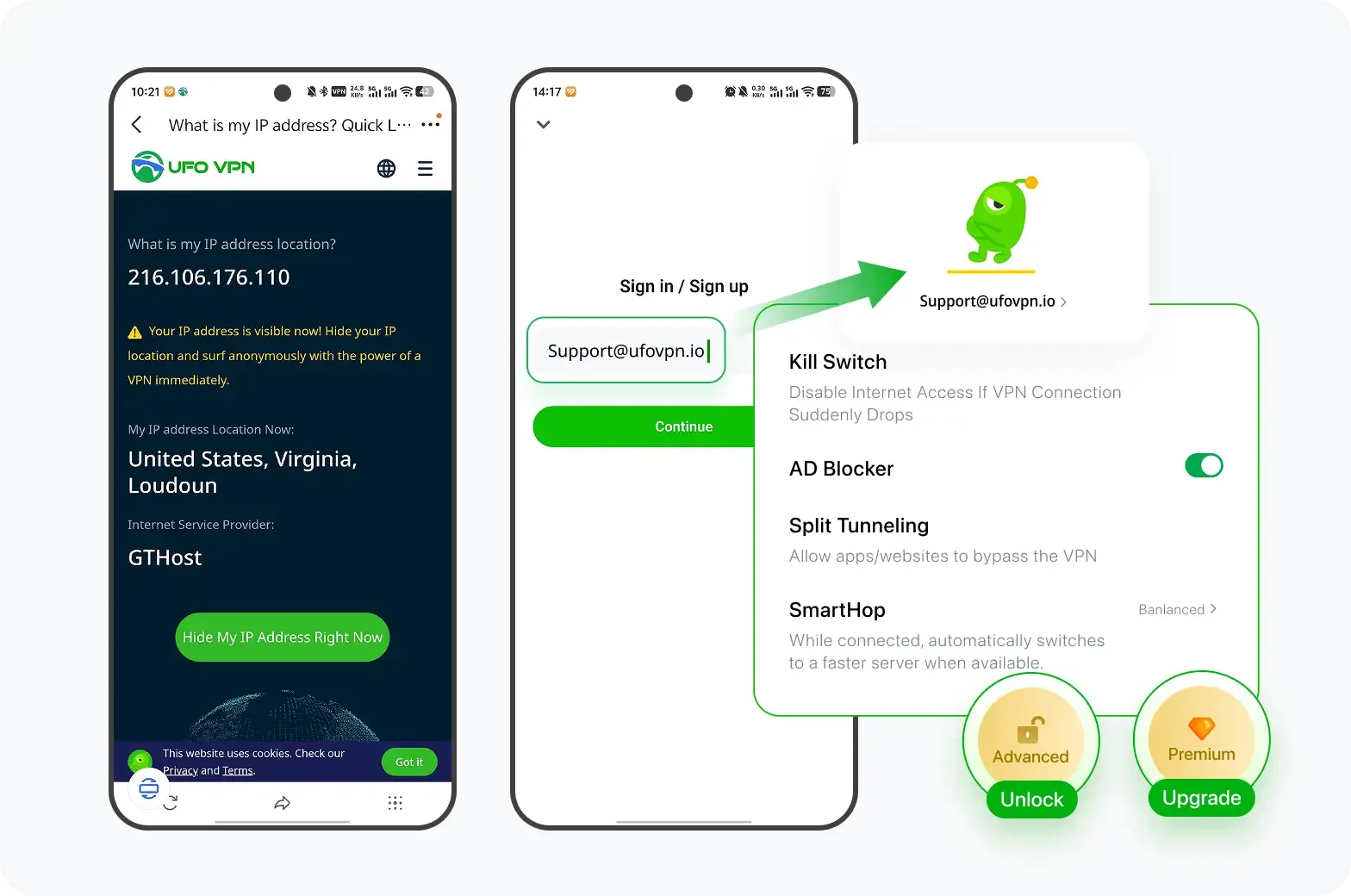
6. Switch to a Higher-Capacity ISP
If you’ve tried everything and are still dealing with slow speeds, it may be time to consider switching your Internet Service Provider (ISP). Some ISPs offer better bandwidth and more reliable connections than others. Do some research and consider switching to one that provides faster internet speeds, especially if you frequently encounter buffering and slow performance.
7. Update Your Device’s Software
Outdated software can also contribute to slow internet speeds. Whether it’s your laptop, smartphone, or smart TV, make sure your device is running the latest operating system and updates. These updates often include performance improvements and bug fixes that can help enhance your internet connection.
8. Close Background Apps
Running too many apps or programs in the background can use up precious bandwidth. Make sure to close any unnecessary applications, especially those that use the internet, such as cloud backups or file sync programs. This will free up bandwidth for the tasks that matter most.
9. Remove Malware and Viruses
Malware and viruses can also negatively impact your internet speed. They may use your bandwidth to transmit data in the background or perform other malicious activities. Run a thorough malware scan and remove any threats from your devices. This will not only help speed up your internet but also protect your privacy and security.
10. Clear Your Device’s Cache
Over time, your device’s cache can accumulate and slow down its performance, including your internet speed. Try clearing the cache in your browser or app to free up space and improve your device’s overall performance.
Last Station: Strategic Upgrades
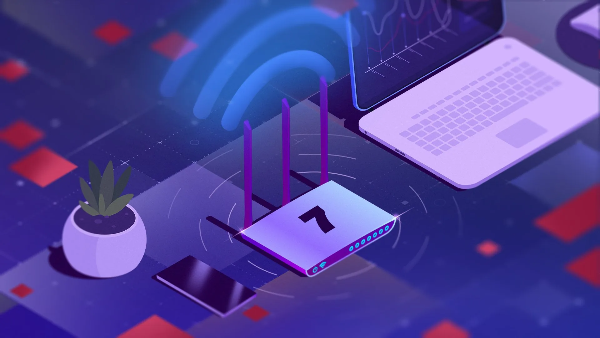
If you’ve optimized everything and still feel capped, upgrades bring the next leap.
1) Upgrade your internet plan (capacity first)
-
Match the plan to your peak concurrent use. For example:
-
1–2 users: 200–300 Mbps is usually fine.
-
3–5 users with 4K streaming and cloud work: 500–800 Mbps.
-
Large/creator households: Gigabit or multi-gig if available.
-
-
Confirm that your modem supports the plan (e.g., DOCSIS 3.1 for gigabit cable).
2) Upgrade your router
-
Move to Wi-Fi 6 (802.11ax) or Wi-Fi 6E (adds clean 6 GHz spectrum). These standards handle dense homes better with OFDMA, TWT, and improved MU-MIMO.
-
For the newest devices and low-interference spectrum, Wi-Fi 6E or Wi-Fi 7 (as it becomes available) can dramatically increase Wi-Fi bandwidth in apartments or busy neighborhoods.
-
If you already use mesh, ensure each node has Ethernet backhaul or a dedicated wireless backhaul band.
3) Switch ISP if the line is the limit
-
If your wired speed tests never hit advertised rates (and support can’t fix it), consider fiber or a higher-capacity cable provider where possible. Reliability + latency often improve more than raw throughput.
4) Hardwire critical rooms
-
When practical, run Ethernet to home offices or entertainment centers. Pair with a small switch to feed multiple devices. Offloading these from Wi-Fi frees wireless bandwidth.
FAQs
Can using a VPN really help increase my Wi-Fi bandwidth?
Yes! A VPN can help prevent your ISP from throttling your internet speed, which is especially useful if you're streaming or gaming. UFO VPN is an excellent tool to improve your connection speeds while keeping your data secure.
How can I test my internet speed to know if I need more bandwidth?
You can test your internet speed using online tools like Speedtest.net. Run the test when only one device is connected to see if you're getting the speeds promised by your ISP.
What is the ideal Wi-Fi speed for a household?
For larger households with multiple devices, a connection of 200-300 Mbps is recommended. This allows everyone to stream, browse, and work online without significant slowdowns.
How do I know if my ISP is throttling my internet speed?
If you notice that your speeds drop during certain activities (e.g., streaming or gaming), your ISP might be throttling your connection. Using a VPN like UFO VPN can help you bypass throttling.
Is it worth upgrading my internet plan for faster bandwidth?
If you’ve already tried optimizing your current setup and are still experiencing slow speeds, upgrading your internet plan may be necessary, especially if your current plan has limited bandwidth.

